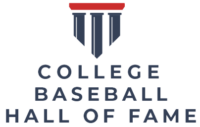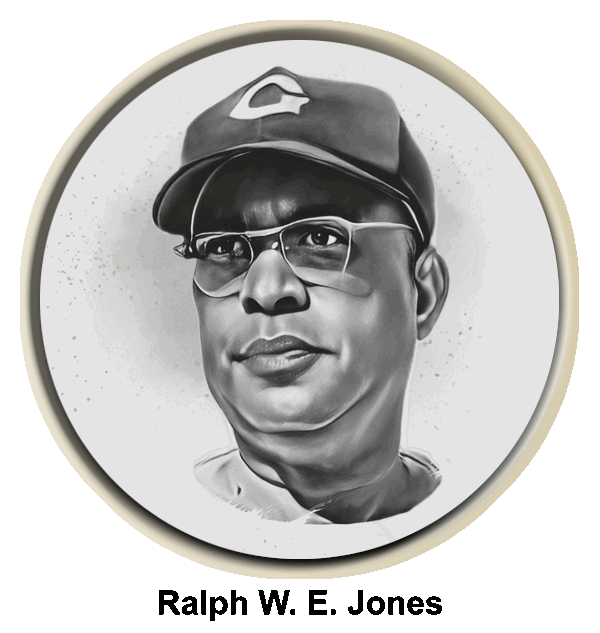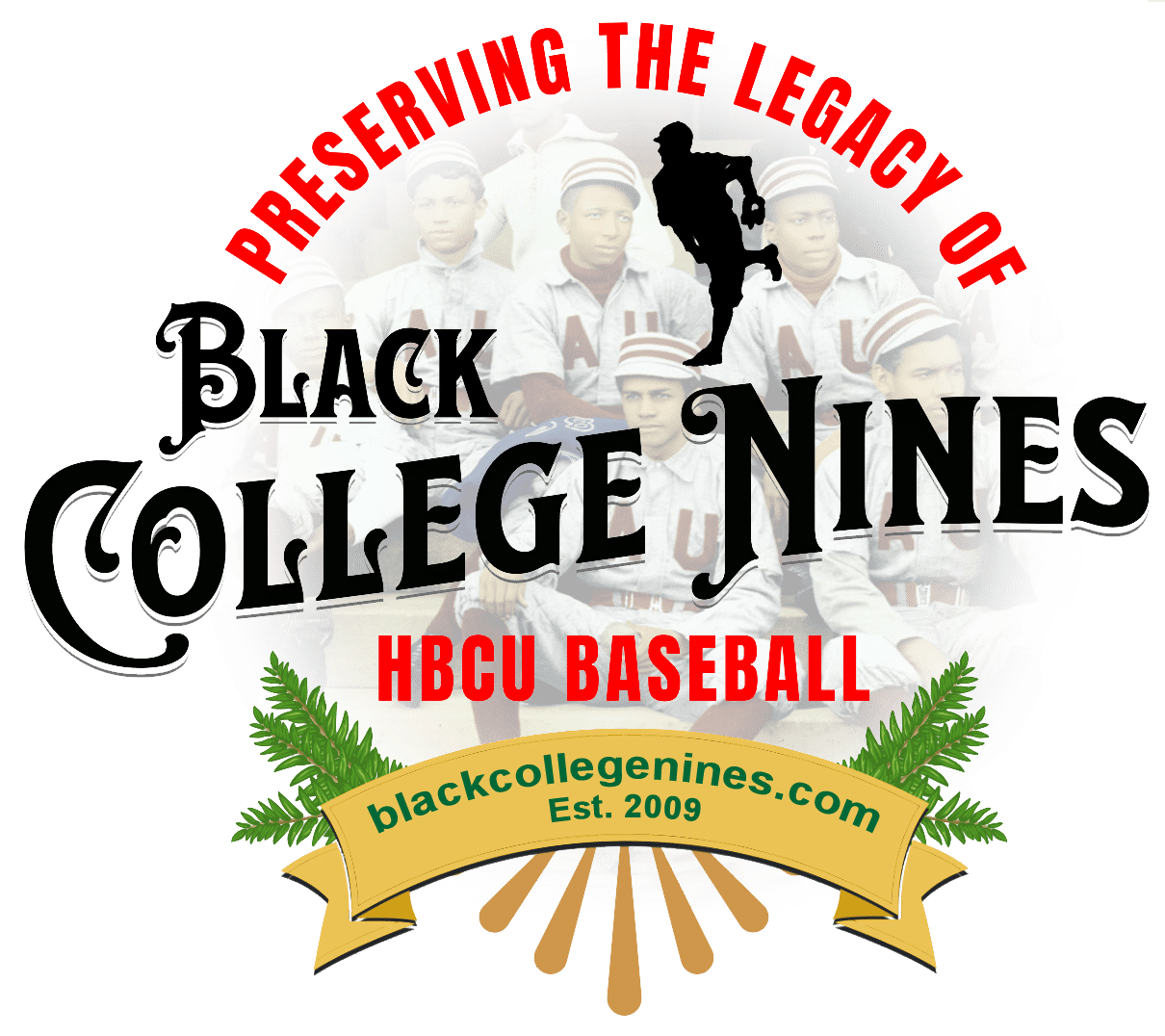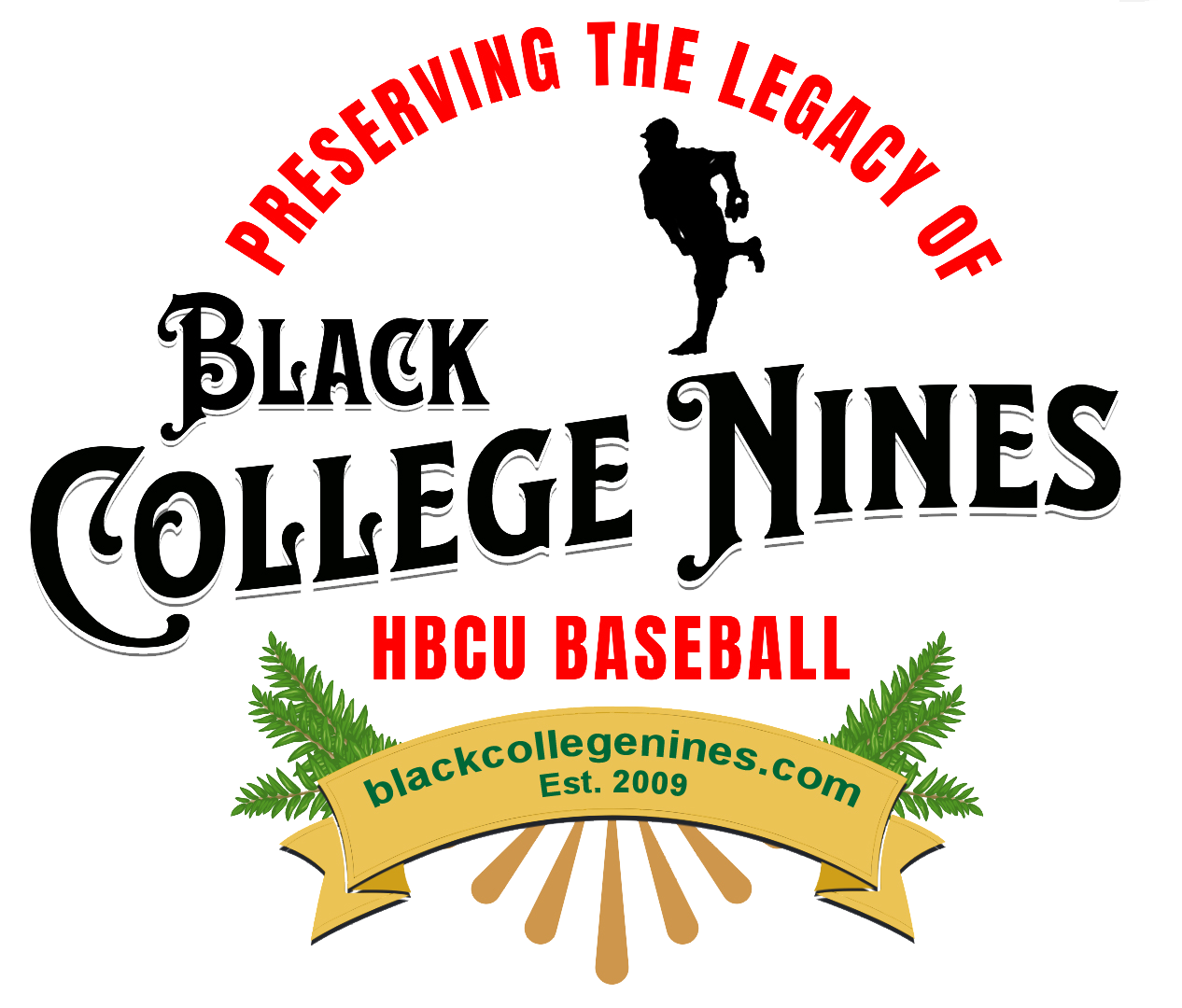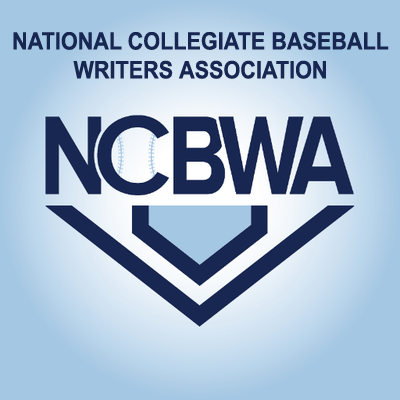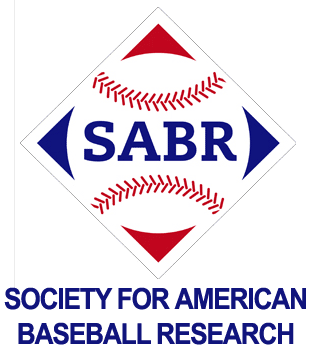Editor’s Note… Our Black College Legends and Pioneers Committee recently selected Andre Dawson from among the committee’s nominated candidates as our submission for inclusion into the 2019 class of the National College Basball Hall of Fame.

 LUBBOCK, Texas — The winningest coach in college baseball history and the player of the decade in the 1990s highlight the 2019 National College Baseball Hall of Fame induction class.
LUBBOCK, Texas — The winningest coach in college baseball history and the player of the decade in the 1990s highlight the 2019 National College Baseball Hall of Fame induction class.
This year’s class, which will be inducted as a part of the College Baseball Night of Champions celebration Nov. 1-2 in Baton Rouge, Louisiana, is headlined by former Florida State coach Mike Martin, winner of 2,029 games, and Cal State Fullerton’s Mark Kotsay, a two-time All-American and winner of three national player of the year awards in 1995.
“What a fantastic class,” said Mike Gustafson, president and CEO of the National College Baseball Hall of Fame. “These guys hit all the marks as Hall of Famers and are all very deserving.”
Martin finished his career in June as the only college baseball coach at any level with 2,000 wins. In 40 years of coaching, his teams won at least 40 games every season and never failed to reach the NCAA postseason tournament. His teams advanced to the College World Series 17 times.
Kotsay is one of only three Division I players in history to win a national player of the year award, be named Most Outstanding Player at the College World Series and play for the winning team in the same season. Baseball America magazine named him the Player of the Decade in the 1990s ,and in 2010, he was named to the College World Series Legends Team.
Also included in the class are Dave Chalk, a two-time first-team All-American at Texas; Florida A&M’s Andre Dawson, a record-setting outfielder for the Rattlers; Southern California’s Wally Hood, who posted a remarkable 21-2 record in 1948; Seminole State coach Lloyd Simmons, the winningest coach in junior college baseball history; and Ferrum College flamethrower Billy Wagner, whose strikeout records still stand in Division III.
NCAA administrator Dennis Poppe rounds out the class as the first inductee to be selected from the contributors section of the ballot.
A four-time All-Southwest Conference performer at Texas from 1969-72, Chalk posted a career batting average of .362, a school record at the time. He led the Longhorns to four Southwest Conference championships and three College World Series and was named to the All-CWS team in 1972. Dawson twice received All-Southern Intercollegiate Athletic Conference honors and led the team in hits, doubles, home runs and RBIs in 1974 and 1975. The slugging outfielder led his teams with a 64-19 record in his three years at Florida A&M, including historic wins over the nationally ranked Miami Hurricanes three times.
Hood was a first-team All-American pitcher in 1948. He posted a record of 21-2 while leading the Trojans to the first of their 12 national championships, the most of any NCAA Division I baseball program. He beat Baylor twice in the 1948 NCAA Western championship, then threw a four-hitter to beat Yale, 3-1, in the first game of the College World Series in Kalamazoo, Michigan. He finished his career with a 29-4 record.
Poppe worked at the NCAA for 39 years, but it was his oversight of the College World Series from 1987 to 2013 that earned him the induction. Under his watch, the College World Series exploded in popularity.
Simmons won 1,804 games during his tenure at Seminole State in Oklahoma. He led 13 teams to the NJCAA College World Series in Grand Junction, Colorado, and 43 of his former players made it to Major League Baseball. Wagner was a 1993 first-team All-American at Division III’s Ferrum College. He rewrote the record books with 16 strikeouts and 2.22 hits allowed per nine innings. He finished his career with a 17-3 record and a 1.63 ERA.
“Our voting committee continues to do an outstanding job,” Gustafson said. “They represent so much history as college baseball media members, active and former coaches, retired umpires, past inductees, college baseball historians and former players. Their experiences and knowledge are reflected in this class.”
Courtesy of the National College Baseball Hall of Fame

